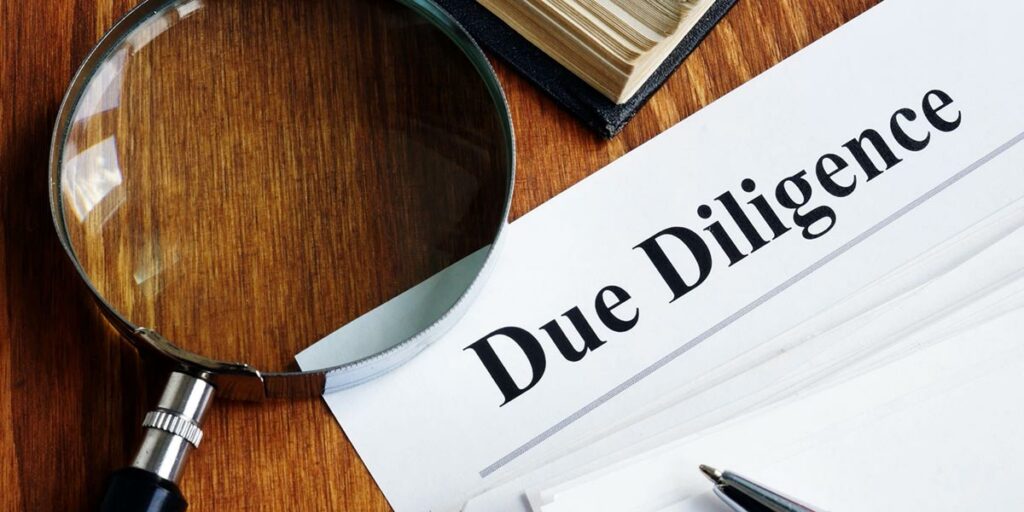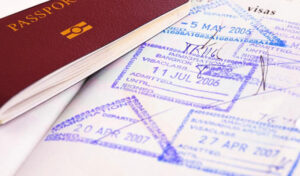Investing in property in Thailand is a popular venture for both locals and foreigners, thanks to the country’s vibrant real estate market, stunning landscapes, and attractive property prices. However, navigating the complexities of property transactions requires careful due diligence to ensure a secure and legally compliant investment. This guide explores the essential steps, considerations, and best practices for conducting property due diligence in Thailand.
Why Is Property Due Diligence Important?
Property due diligence refers to the process of verifying legal, financial, and physical aspects of a property before finalizing a transaction. In Thailand, due diligence is particularly crucial because of the unique property ownership laws, zoning regulations, and potential for fraud or misrepresentation. Proper due diligence helps to:
- Avoid Legal Issues: Ensures compliance with Thai laws and regulations.
- Verify Ownership: Confirms the seller’s rightful ownership and the property’s legal status.
- Identify Encumbrances: Detects any mortgages, liens, or disputes tied to the property.
- Assess Value: Evaluates the property’s true market value and condition.
Types of Properties and Ownership in Thailand
- Freehold Property:
- Allows outright ownership of land or condominium units.
- Foreigners can only own freehold condominium units, with restrictions on foreign ownership quotas.
- Leasehold Property:
- Involves leasing property for a period, typically up to 30 years, with renewal options.
- Common for foreigners seeking land use rights.
- Land Ownership for Foreigners:
- Direct land ownership by foreigners is generally prohibited, but alternatives such as Thai company ownership, BOI privileges, or usufruct agreements are available.
Understanding the type of property and ownership structure is the first step in due diligence.
Key Steps in Property Due Diligence
1. Title Deed Verification
- Types of Title Deeds:
- Chanote (Nor Sor 4): Fully transferable with clear boundaries; the most secure title.
- Nor Sor 3 Gor/Nor Sor 3: Transferable but subject to further surveying and legal processes.
- Por Bor Tor 5: Tax receipts, not recognized as legal ownership documents.
- Check Authenticity: Ensure the title deed is legitimate and matches the property details.
- Ownership Verification: Confirm the seller’s legal ownership through the Land Department.
2. Encumbrance Search
- Conduct a search at the Land Department to identify mortgages, liens, or other claims on the property.
- Ensure that the property is free from disputes or legal encumbrances.
3. Zoning and Land Use Regulations
- Verify zoning laws to ensure the intended use of the property is permissible.
- Check for environmental restrictions, particularly in coastal or rural areas.
4. Physical Inspection
- Inspect the property for structural integrity, boundary disputes, and compliance with building codes.
- Confirm access to utilities, roads, and infrastructure.
5. Developer and Project Review
- For off-plan or newly developed properties, assess the developer’s reputation and track record.
- Check that the project has the necessary permits and approvals.
6. Financial and Tax Considerations
- Verify the property’s tax history to ensure no outstanding taxes.
- Review associated costs, such as transfer fees, stamp duties, and withholding taxes.
Specific Considerations for Foreign Buyers
Legal Restrictions
- Foreigners can own up to 49% of a condominium development’s total area.
- Direct land ownership is restricted; alternatives include setting up a Thai company, entering into a leasehold agreement, or obtaining BOI approval for investment projects.
Lawyer Assistance
- Engaging a qualified real estate lawyer is essential for foreign buyers to navigate legal complexities and language barriers.
- The lawyer can draft and review contracts, verify ownership, and liaise with the Land Department.
Foreign Exchange Regulation
- Payments for property purchases by foreigners must be made in foreign currency and documented with a Foreign Exchange Transaction Certificate (FET).
Common Risks and How to Avoid Them
1. Fraudulent Sellers
- Risk: Sellers who do not have legal ownership or misrepresent property details.
- Solution: Verify ownership through the Land Department and insist on direct negotiations.
2. Hidden Encumbrances
- Risk: Mortgages, liens, or disputes unknown to the buyer.
- Solution: Conduct a comprehensive encumbrance search.
3. Misleading Project Information
- Risk: Off-plan developments without necessary approvals or financial stability.
- Solution: Investigate the developer’s history and ensure the project has official permits.
4. Legal Non-Compliance
- Risk: Breach of zoning or land use laws.
- Solution: Consult legal and zoning experts before purchasing.
The Role of Professionals in Due Diligence
- Real Estate Lawyers
- Provide legal guidance, verify documents, and ensure compliance with Thai laws.
- Surveyors and Inspectors
- Assess the property’s physical condition and confirm boundary accuracy.
- Real Estate Agents
- Assist in property searches and negotiations, though their advice should be verified independently.
- Accountants and Tax Advisors
- Provide insights into tax implications and financial planning related to the property.
Best Practices for Successful Property Due Diligence
- Start Early: Begin the due diligence process as soon as you express interest in a property.
- Document Everything: Maintain records of all communications, agreements, and inspections.
- Engage Experts: Hire reputable professionals for legal, financial, and technical assessments.
- Understand the Market: Research the local real estate market to evaluate the property’s value and potential.
- Avoid Pressure: Take your time to verify all aspects before committing to a purchase.
Conclusion
Property due diligence in Thailand is an indispensable process that safeguards buyers against potential risks and ensures a smooth transaction. By understanding the legal framework, conducting thorough investigations, and seeking professional assistance, both Thai nationals and foreign investors can confidently invest in Thailand’s dynamic real estate market. A meticulous approach to due diligence not only protects your investment but also provides peace of mind for years to come.










